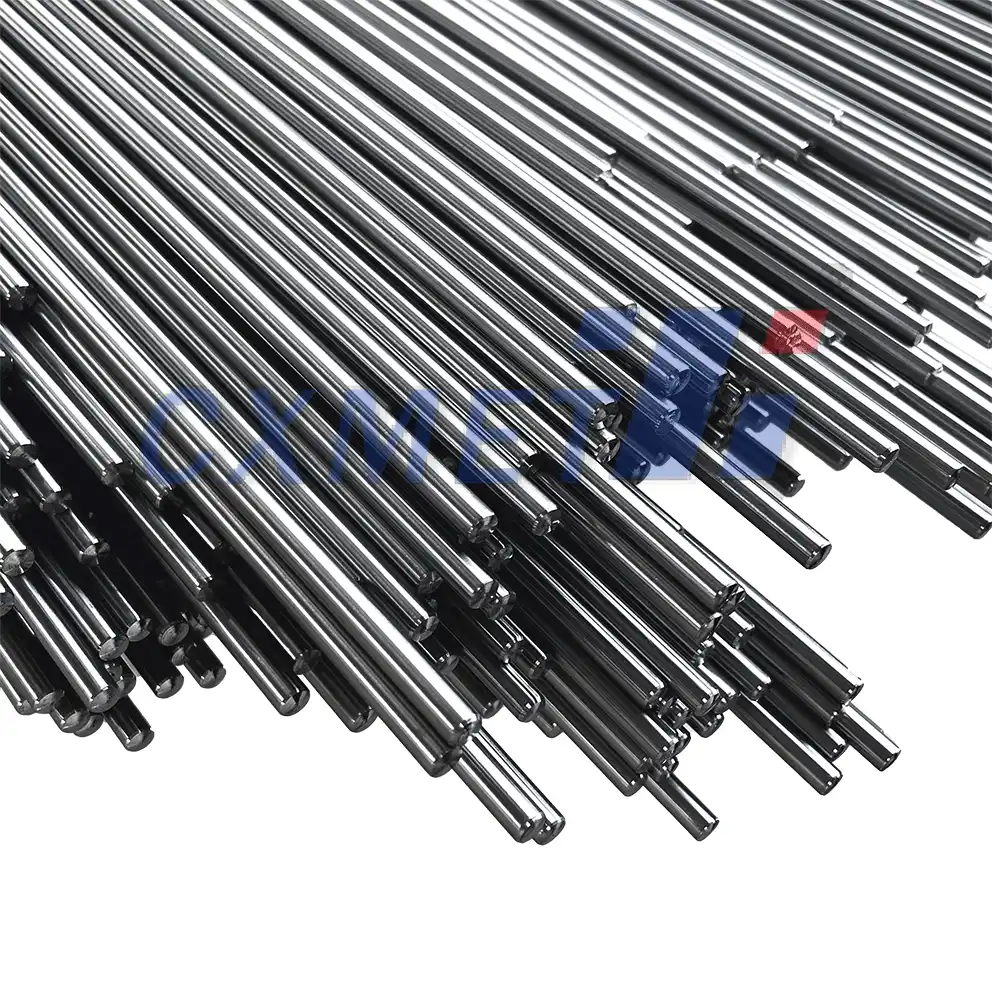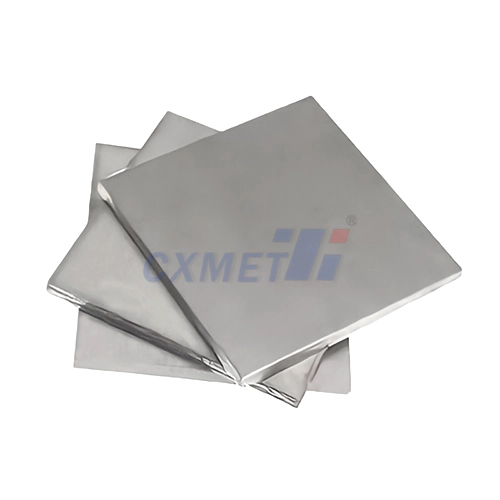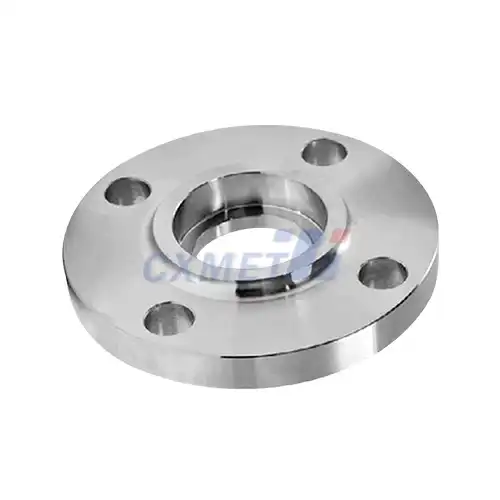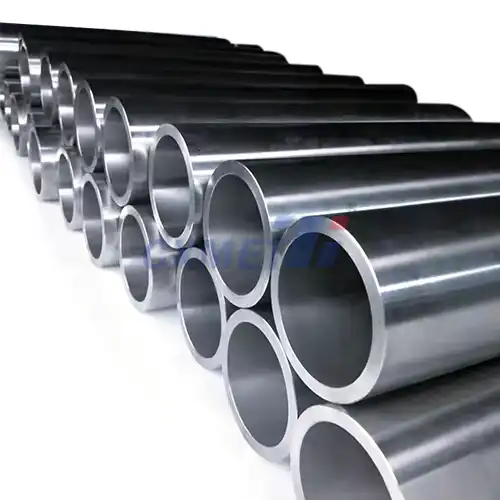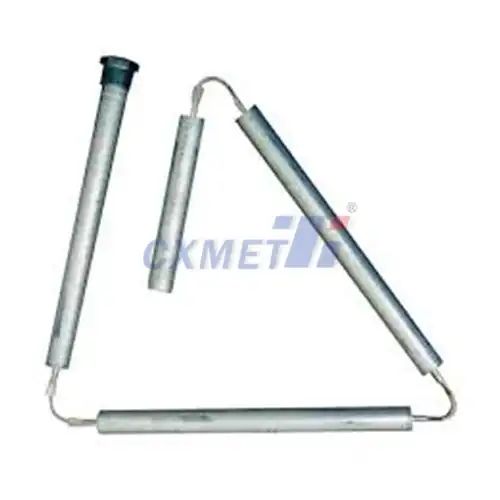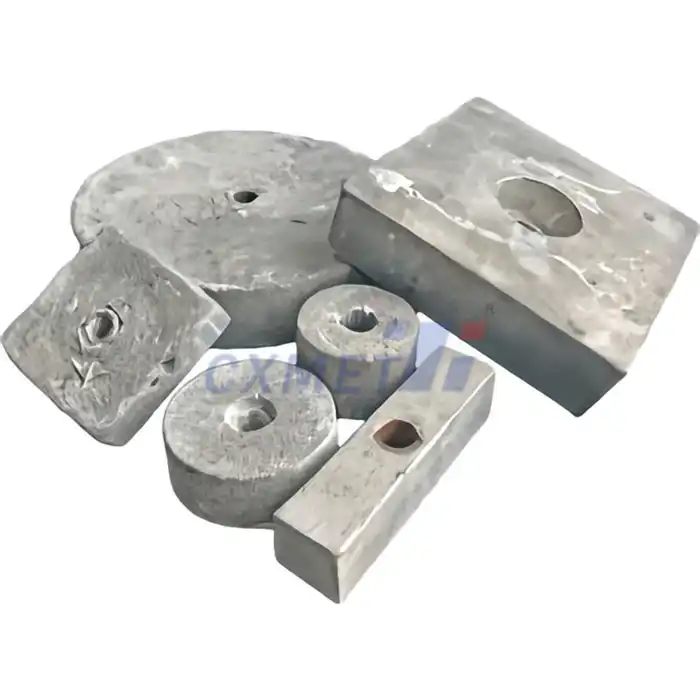- English
- French
- German
- Portuguese
- Spanish
- Russian
- Japanese
- Korean
- Arabic
- Greek
- German
- Turkish
- Italian
- Danish
- Romanian
- Indonesian
- Czech
- Afrikaans
- Swedish
- Polish
- Basque
- Catalan
- Esperanto
- Hindi
- Lao
- Albanian
- Amharic
- Armenian
- Azerbaijani
- Belarusian
- Bengali
- Bosnian
- Bulgarian
- Cebuano
- Chichewa
- Corsican
- Croatian
- Dutch
- Estonian
- Filipino
- Finnish
- Frisian
- Galician
- Georgian
- Gujarati
- Haitian
- Hausa
- Hawaiian
- Hebrew
- Hmong
- Hungarian
- Icelandic
- Igbo
- Javanese
- Kannada
- Kazakh
- Khmer
- Kurdish
- Kyrgyz
- Latin
- Latvian
- Lithuanian
- Luxembou..
- Macedonian
- Malagasy
- Malay
- Malayalam
- Maltese
- Maori
- Marathi
- Mongolian
- Burmese
- Nepali
- Norwegian
- Pashto
- Persian
- Punjabi
- Serbian
- Sesotho
- Sinhala
- Slovak
- Slovenian
- Somali
- Samoan
- Scots Gaelic
- Shona
- Sindhi
- Sundanese
- Swahili
- Tajik
- Tamil
- Telugu
- Thai
- Ukrainian
- Urdu
- Uzbek
- Vietnamese
- Welsh
- Xhosa
- Yiddish
- Yoruba
- Zulu
In Which Industries is Titanium 0.8Ni-0.3Mo Grade 12 Sheet Commonly Used?
2024-08-02 17:24:37
Titanium 0.8Ni-0.3Mo Grade 12 Sheet is a specialized titanium alloy that finds applications in various industries due to its unique combination of properties. This particular grade of titanium is known for its excellent corrosion resistance, high strength-to-weight ratio, and ability to withstand extreme temperatures. As a result, it has become a material of choice in several demanding industrial sectors where performance and durability are paramount.
What are the key properties of Titanium 0.8Ni-0.3Mo Grade 12 Sheet?
Titanium 0.8Ni-0.3Mo Grade 12 Sheet, also known as Ti-0.8Ni-0.3Mo or Grade 12 titanium, possesses a range of properties that make it highly desirable for industrial applications. One of its most notable characteristics is its exceptional corrosion resistance, particularly in oxidizing environments. This alloy demonstrates superior resistance to crevice corrosion, stress corrosion cracking, and pitting, making it ideal for use in harsh chemical environments and seawater applications.
The addition of nickel and molybdenum to the titanium base enhances its mechanical properties. Grade 12 titanium exhibits higher strength compared to commercially pure titanium grades, with a typical yield strength ranging from 345 to 480 MPa (50 to 70 ksi) and an ultimate tensile strength of 480 to 655 MPa (70 to 95 ksi). This increased strength does not come at the expense of ductility, as the material maintains good formability and weldability.
Another key property of Titanium 0.8Ni-0.3Mo Grade 12 Sheet is its excellent heat resistance. It can maintain its strength and corrosion resistance at elevated temperatures, making it suitable for applications involving exposure to high-temperature environments. The alloy's low thermal expansion coefficient also contributes to its dimensional stability under varying temperature conditions.
The material's low density, approximately 60% that of steel, results in a high strength-to-weight ratio. This characteristic makes it particularly attractive for industries where weight reduction is crucial, such as aerospace and automotive applications. Additionally, Grade 12 titanium is non-magnetic and exhibits low electrical and thermal conductivity, properties that can be advantageous in certain specialized applications.
How does Titanium 0.8Ni-0.3Mo Grade 12 Sheet compare to other titanium alloys?
When comparing Titanium 0.8Ni-0.3Mo Grade 12 Sheet to other titanium alloys, it's important to consider its unique position within the spectrum of titanium materials. Grade 12 titanium sits between commercially pure (CP) titanium grades and more highly alloyed titanium materials in terms of its properties and performance.
Compared to CP titanium grades such as Grade 1, 2, 3, and 4, Titanium 0.8Ni-0.3Mo Grade 12 offers significantly improved strength and corrosion resistance. The addition of nickel and molybdenum provides enhanced mechanical properties without sacrificing the excellent corrosion resistance that titanium is known for. This makes Grade 12 a preferred choice in applications where CP titanium may not meet strength requirements, but the more expensive highly alloyed grades are not necessary.
When compared to alpha-beta alloys like Ti-6Al-4V (Grade 5), which is one of the most commonly used titanium alloys, Grade 12 generally has lower strength but superior corrosion resistance, particularly in reducing environments. Ti-6Al-4V is often chosen for its high strength and good fatigue properties, making it popular in aerospace applications. However, in chemical processing or marine environments where corrosion resistance is paramount, Grade 12 may be the better option.
Grade 12 titanium also compares favorably to other corrosion-resistant grades like Grade 7 (Ti-0.2Pd) or Grade 11 (Ti-0.2Pd). While these palladium-containing grades offer excellent corrosion resistance, Grade 12 provides a more cost-effective solution with comparable performance in many corrosive environments. The nickel and molybdenum in Grade 12 provide similar benefits to palladium in enhancing corrosion resistance, particularly in reducing acid environments.
In terms of weldability and formability, Grade 12 titanium is generally easier to work with compared to more highly alloyed grades. This can translate to lower manufacturing costs and greater design flexibility. However, it may not match the extreme strength and heat resistance of some beta and near-beta titanium alloys used in the most demanding aerospace applications.
What are the manufacturing processes for Titanium 0.8Ni-0.3Mo Grade 12 Sheet?
The manufacturing of Titanium 0.8Ni-0.3Mo Grade 12 Sheet involves several complex processes to ensure the material meets the required specifications and quality standards. The production typically begins with the creation of the titanium alloy through careful control of composition and melting processes.
The primary melting process often involves vacuum arc remelting (VAR) or electron beam melting (EBM) to produce ingots with the desired chemical composition and microstructure. These methods help to minimize impurities and ensure homogeneity throughout the material. The resulting ingots are then subjected to multiple remelting cycles to further refine the alloy's structure and properties.
Once the ingots are produced, they undergo a series of thermomechanical processing steps to transform them into sheet form. This typically involves a combination of hot working, cold working, and heat treatment processes. Hot working, such as forging or rolling at elevated temperatures, helps to break down the as-cast structure and improve the material's overall properties.
Cold rolling is then employed to reduce the thickness of the material to the desired dimensions for sheet production. This process not only achieves the required thickness but also improves the surface finish and mechanical properties of the material. Intermediate annealing steps may be necessary during cold rolling to relieve internal stresses and maintain workability.
Heat treatment plays a crucial role in optimizing the properties of Titanium 0.8Ni-0.3Mo Grade 12 Sheet. Solution treatment and aging processes can be used to tailor the microstructure and achieve the desired balance of strength and ductility. The specific heat treatment parameters are carefully controlled to ensure consistent properties throughout the sheet.
Surface finishing is another important aspect of the manufacturing process. Various methods such as pickling, grinding, or polishing may be employed to achieve the required surface quality and remove any oxide layers formed during processing. In some cases, special surface treatments or coatings may be applied to enhance specific properties like wear resistance or biocompatibility.
Quality control measures are implemented throughout the manufacturing process to ensure the Titanium 0.8Ni-0.3Mo Grade 12 Sheet meets industry standards and customer specifications. This includes chemical analysis, mechanical testing, and non-destructive testing methods such as ultrasonic inspection to verify the material's integrity and performance characteristics.
The manufacturing of Titanium 0.8Ni-0.3Mo Grade 12 Sheet requires specialized equipment and expertise due to titanium's reactivity and the precise control needed to achieve the desired properties. As a result, production is typically carried out by specialized titanium manufacturers with the necessary facilities and know-how to handle this advanced material.
In conclusion, Titanium 0.8Ni-0.3Mo Grade 12 Sheet is a versatile material that finds applications across various industries due to its excellent combination of corrosion resistance, strength, and formability. Its unique properties make it particularly well-suited for use in chemical processing equipment, marine environments, and other applications where resistance to aggressive media is critical. As manufacturing techniques continue to evolve, we can expect to see even broader adoption of this alloy in industries seeking high-performance materials for demanding environments.
At SHAANXI CXMET TECHNOLOGY CO., LTD, we take pride in our extensive product range, which caters to diverse customer needs. Our company is equipped with outstanding production and processing capabilities, ensuring the high quality and precision of our products. We are committed to innovation and continuously strive to develop new products, keeping us at the forefront of our industry. With leading technological development capabilities, we are able to adapt and evolve in a rapidly changing market. Furthermore, we offer customized solutions to meet the specific requirements of our clients. If you are interested in our products or wish to learn more about the intricate details of our offerings, please do not hesitate to contact us at sales@cxmet.com. Our team is always ready to assist you.
References:
1. ASTM International. (2021). ASTM B265 - Standard Specification for Titanium and Titanium Alloy Strip, Sheet, and Plate.
2. Titanium Metals Corporation (TIMET). (2020). Titanium Alloy Guide.
3. Lutjering, G., & Williams, J. C. (2007). Titanium. Springer-Verlag Berlin Heidelberg.
4. Donachie, M. J. (2000). Titanium: A Technical Guide. ASM International.
5. Boyer, R., Welsch, G., & Collings, E. W. (1994). Materials Properties Handbook: Titanium Alloys. ASM International.
6. Peters, M., Kumpfert, J., Ward, C. H., & Leyens, C. (2003). Titanium alloys for aerospace applications. Advanced Engineering Materials, 5(6), 419-427.
7. Schutz, R. W., & Watkins, H. B. (1998). Recent developments in titanium alloy application in the energy industry. Materials Science and Engineering: A, 243(1-2), 305-315.
8. Yamada, M. (1996). An overview on the development of titanium alloys for non-aerospace application in Japan. Materials Science and Engineering: A, 213(1-2), 8-15.
9. Rack, H. J., & Qazi, J. I. (2006). Titanium alloys for biomedical applications. Materials Science and Engineering: C, 26(8), 1269-1277.
10. Leyens, C., & Peters, M. (Eds.). (2003). Titanium and titanium alloys: fundamentals and applications. John Wiley & Sons.
